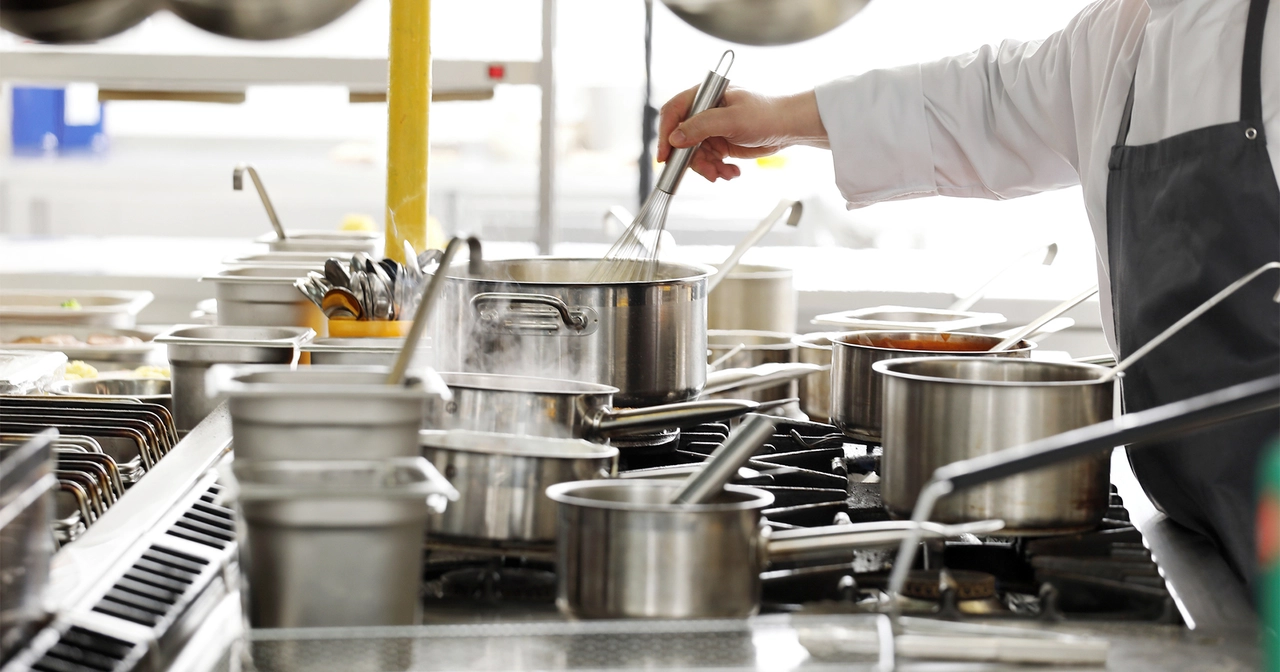Struggling with Space Management
One of the most common problems that restaurant kitchens face is the lack of space. Most kitchens are designed to maximize efficiency, but often, they are not equipped to handle the volume of food preparation and storage needed for a busy restaurant. This can lead to cluttered countertops, limited storage for ingredients, and difficulty in maintaining a clean and organized workspace.
To combat this issue, investing in space-saving equipment and storage solutions can be a game-changer. Additionally, implementing effective organization techniques, such as labeling and categorizing ingredients, can help make the most of limited space and improve overall workflow.
Battling Food Waste
Food waste is a widespread issue in restaurant kitchens, as it not only impacts the environment but also the business's bottom line. Over-purchasing ingredients, improper storage, and inaccurate portioning are just a few factors that contribute to food waste.
To reduce waste, implementing inventory management systems and regular stock checks can help monitor ingredient usage and prevent over-purchasing. Additionally, training kitchen staff on proper food storage and portioning techniques can further minimize waste and save on overall costs.
Maintaining Food Safety and Hygiene
Food safety and hygiene are paramount in any restaurant kitchen. Cross-contamination, improper food handling, and inadequate cleaning can lead to foodborne illnesses, posing significant risks to both customers and the restaurant's reputation.
To ensure a safe and hygienic kitchen, it is essential to establish and enforce strict food handling and sanitation protocols. This includes regular hand-washing, separating raw and cooked foods, and adhering to proper cooking temperatures. Additionally, regular cleaning and maintenance of kitchen equipment can help prevent the buildup of harmful bacteria and contaminants.
Managing Staff Turnover and Training
High staff turnover is a common problem in the restaurant industry, making it challenging to maintain a well-trained and cohesive kitchen team. The fast-paced and high-pressure environment of a restaurant kitchen can contribute to employee burnout, leading to frequent staff changes.
To mitigate this issue, offering competitive wages, providing a supportive work environment, and investing in employee training and development can help retain valuable staff members. Furthermore, implementing thorough onboarding processes and ongoing training programs can ensure that all kitchen staff are well-equipped to perform their duties effectively and efficiently.
Dealing with Equipment Breakdowns
Equipment breakdowns can bring a restaurant kitchen to a standstill, impacting overall productivity and customer satisfaction. Frequent use and wear and tear on equipment can lead to malfunctions and costly repairs.
To minimize equipment downtime, it is crucial to develop and follow a regular maintenance schedule. This includes cleaning and inspecting equipment for signs of wear, as well as promptly addressing any repairs or replacements needed. Investing in high-quality equipment and maintaining a stock of essential replacement parts can also help prevent unexpected breakdowns and keep the kitchen running smoothly.
Navigating Communication Challenges
Effective communication is vital in a restaurant kitchen, as it ensures that each team member is aware of their responsibilities and can efficiently execute their tasks. However, the high-pressure and fast-paced environment can sometimes lead to miscommunication and confusion.
To improve communication within the kitchen, establishing clear channels and methods for relaying information can be beneficial. This may include using a ticket system to track orders, designating specific staff members to relay information between the front and back of house, and holding regular team meetings to discuss any challenges or concerns. By fostering open and clear communication, restaurant kitchens can overcome many of the common problems they face and operate more efficiently.
